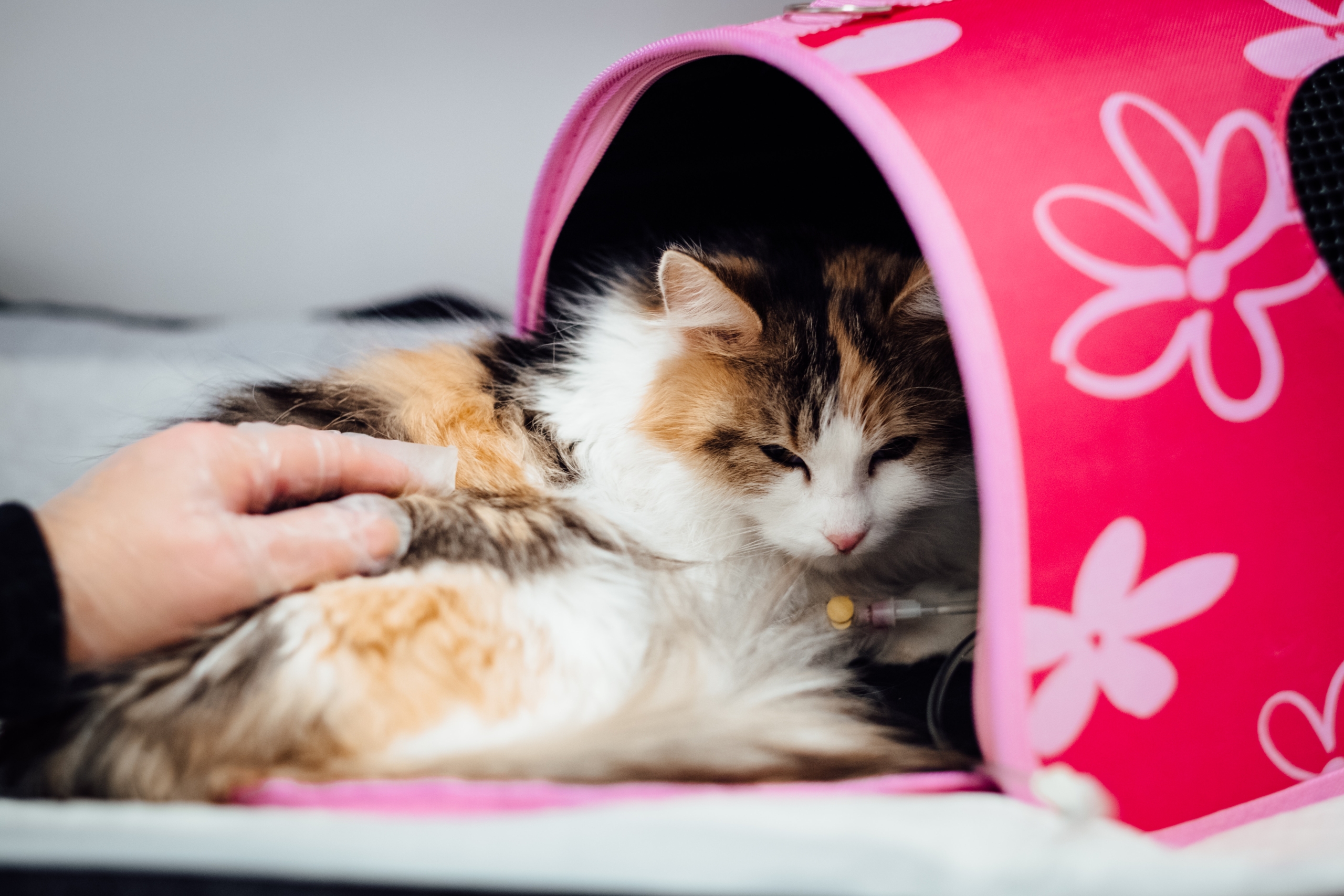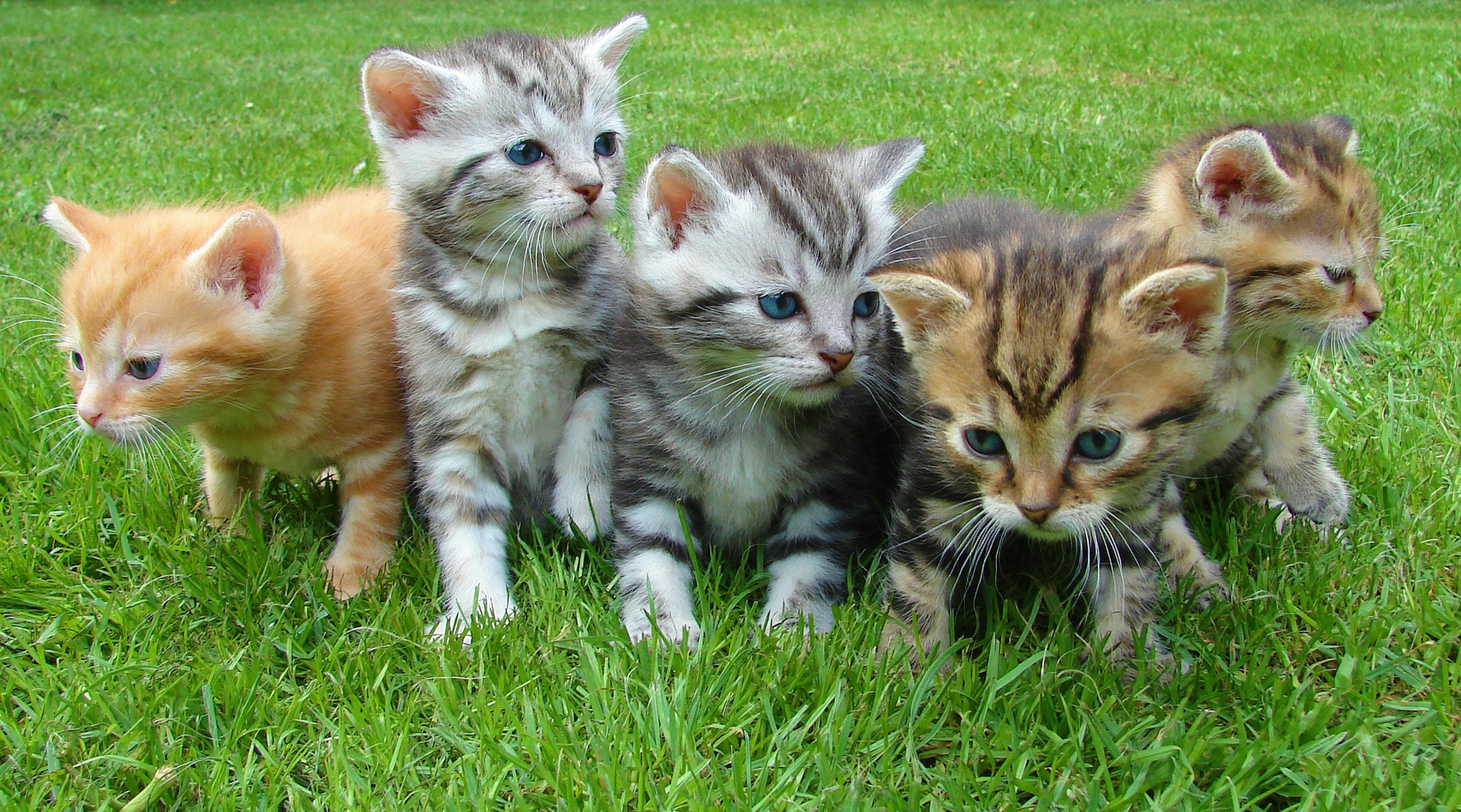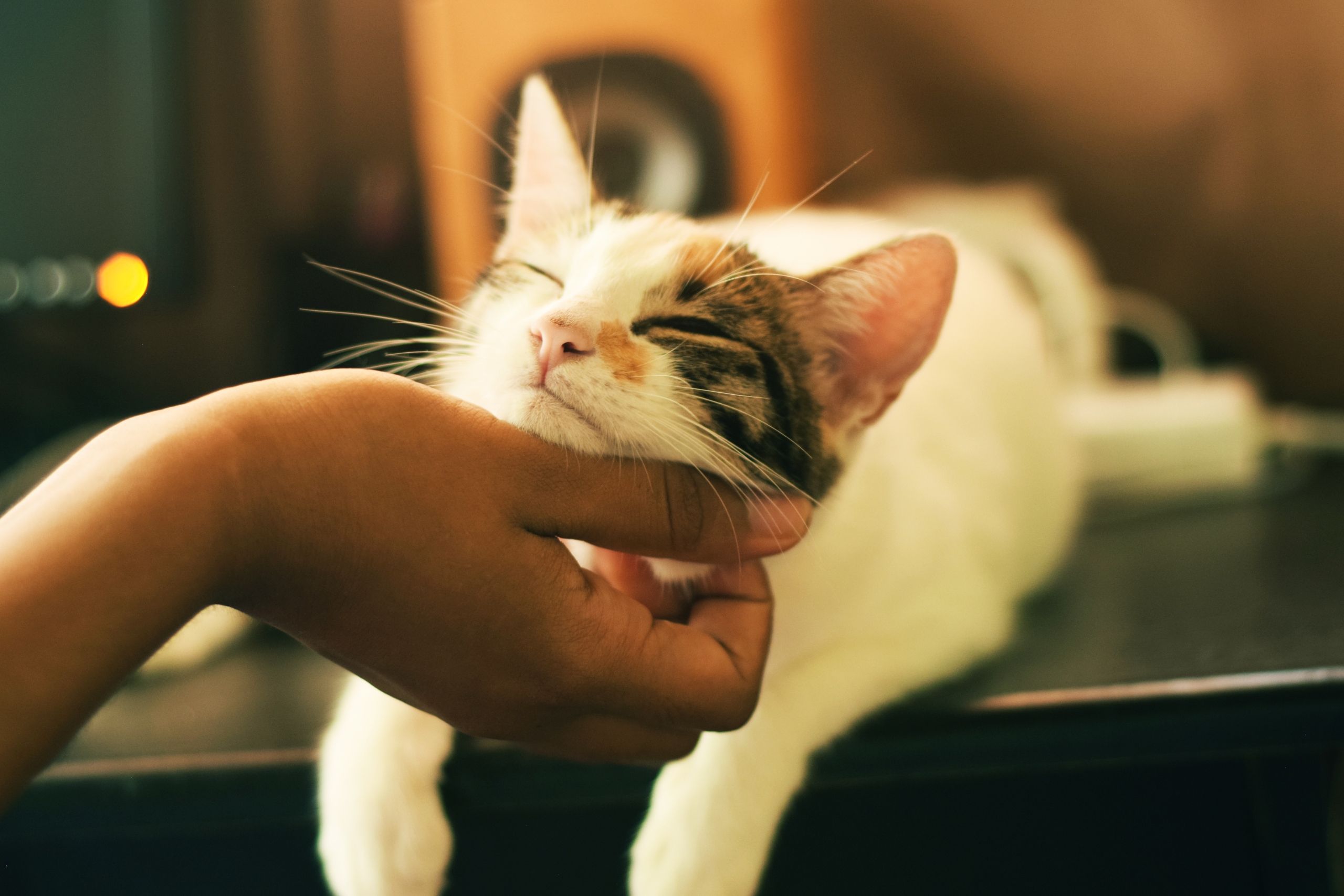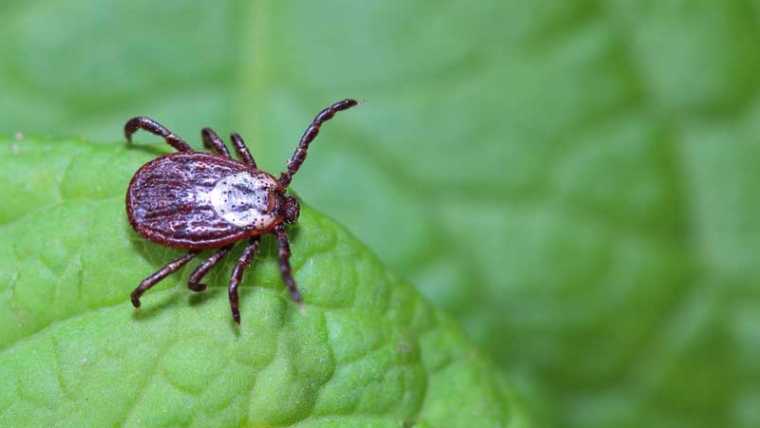 So you’ve brought home a new kitten. Congratulations! Cats are probably one of the most fascinating, fur-midable creatures on earth. Your new feline friends will be elusive yet playful at the same time. They’ll go from licking to biting your hand without even thinking about it. If you own a cat, you’ll quickly understand that they share their home with you- and not the other way around.
So you’ve brought home a new kitten. Congratulations! Cats are probably one of the most fascinating, fur-midable creatures on earth. Your new feline friends will be elusive yet playful at the same time. They’ll go from licking to biting your hand without even thinking about it. If you own a cat, you’ll quickly understand that they share their home with you- and not the other way around.
However, owning a pet comes with a lot of responsibilities. Getting them vaccinated is one of the more important ones. In light of recent debates concerning human vaccinations, you may be wondering “is it really necessary to get my cat vaccinated?” The short answer is yes!
Why should I get my cat vaccinated?
Vaccines protect your cats from a variety of illnesses, helping them enjoy a long and healthy life. They also aid in the preparation of a cat’s immune system to fight itself against disease-causing germs. Antigens in vaccines imitate disease-causing organisms in the immune system of cats, but they do not cause disease. Vaccines are designed to modestly stimulate the immune system by causing it to identify antigens.
As a result, if your pet is exposed to an actual disease, its immune system will detect it and be ready to fight it off.
When should I start getting my cat vaccinated?

Once your kitten turns 6 weeks, you should set up an appointment for its first vaccination. When it comes to your cat’s health, it’s always a good idea to be cautious. Cats are naturally curious creatures. Getting their vaccinations in time is essential to keeping them safe.
Core vaccines and when your cat should get them
Rabies
6 weeks and 16 weeks
As you most likely know, Rabies is a zoonotic (spread from vertebrate animals to humans) viral illness that is fatal, but entirely preventable. People, pets, livestock, and other mammals are frequently infected when they are bitten, scratched, or licked by a rabid animal.
Even domesticated cats in Sri Lanka wander around quite often. They should therefore be vaccinated not just to avoid disease transmission from stray cats and dogs, but also to reduce the risk of human infection.
Tricat
8 weeks, 12 weeks and 16 weeks
The Tricat vaccine protects your furry friend from 3 core viruses:
- Feline Panleukopenia Virus (MW-1)
Once contracted, Feline Panleukopenia is a highly contagious and deadly viral disease. Kittens are known to be the most severely affected by this virus, which is why it is recommended that your cat is vaccinated against it as early as 8 weeks.
The virus can survive for up to a year in the environment, so your cat may become infected without even coming into direct contact with an infected animal. Vaccination is essential since there are no other medications capable of killing the virus.
- Feline Herpesvirus Type 1 (Rhinotracheitis)
Feline herpesvirus (FHV) generally causes acute upper respiratory infections in cats. It is highly transmissible and contagious.
Vaccinating your pet against FHV infections is necessary because if contracted, this disease is frequently complicated by secondary bacterial infections. This can lead to the disease having serious and significant negative effects.
- Feline Calicivirus
Feline Calicivirus is one of the more common viruses among cats. It can cause upper respiratory infections, oral ulcers and sometimes even limping.
This virus is highly infectious and widespread. It remains on various surface types for several days. Once given as a standard core vaccine, your cat will be immunized- which will help reduce the severity of the disease if ever contracted.
Are yearly cat vaccinations necessary?
It is recommended that you administer both the Rabies and Tricat vaccines yearly without fail, particularly if your cat is an outdoor cat. For indoor cats, it is recommended that you administer the vaccines once every three years.
Do cat vaccinations have side effects?
There are always risks associated with any kind of medication, including vaccinations. However, remember that the benefits of the vaccines always outweigh potential risks. Always monitor your feline friend after they receive their vaccines. If they have ever reacted badly to a particular vaccine or medication in the past, do let your veterinarian know in advance.
How can I schedule an appointment to vaccinate my cat?
Wondering how to schedule an appointment to vaccinate your new kitten? Reach out to us to set yourself a vaccination schedule so that your cat will get all the necessary vaccines in time. You can also find out about a de-worming schedule for your pet, which is just as important as getting them vaccinated.
A cat vaccination plan, like any other immunization routine, should be followed religiously to guarantee that your feline companion is healthy, happy, and well for the rest of his or her life.
If you’re the owner of a new puppy, check out this article for everything you need to know about dog vaccinations.



